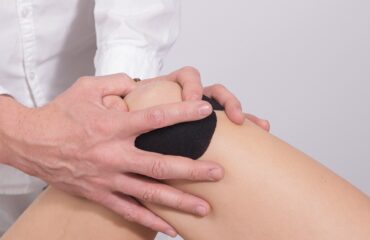As we progress further into the warm summer months, we are presented with more opportunities to experience nature’s beauty through hiking. Unfortunately, every year hikers sustain injuries during their adventures. To prevent that from happening, we are sharing our top tips to prevent summer hiking injuries.
How to Prevent Summer Hiking Injuries
-
Be Prepared for ANYTHING and EVERYTHING
Countless hikers are injured each year simply because they weren’t prepared! Before you go hiking, always make sure to:
- Investigate the difficulty level, camping options, water sourcing, terrain conditions, wildlife, and the specific laws and regulations of that trail.
- Pack the appropriate gear for your trip, from camping supplies to clothes to food and water.
- Plus, ALWAYS take a well-supplied first aid kit.
- Check the weather forecast for the duration of your planned time as well as the afterward in case it takes longer than expected.
-
Stay on the Trail
While you may be tempted to wander from the trail, you have no idea what lies beyond its edge. There may be unexpected drop-offs, hidden holes, bogs, or an animal’s home. Keep your Tarzan tendencies on lockdown and stay on the trail.
Keep in mind that it can be easy to accidentally wander off the trail when bird watching or taking pictures. It is vital to be cautious and aware of your surroundings to prevent getting lost.
-
Wear Good Shoes
Two of the most common injuries for hikers are blisters and ankle sprains. Often, this stems from wearing ill-fitting socks or shoes. You want to ensure that your socks don’t slip and that your shoes are broken in before going on a hike. If you do happen to sprain your ankle, practice the RICE procedure and make your way home.
-
Stay Hydrated & Use Sunblock
The summer can get warm, but dehydration, sunburns, heatstroke can all be prevented. To do this, drink plenty of water and regularly apply sunscreen. You may also want to consider wearing clothes with sun protection and carry rehydration salts with you.
-
Use Insect Repellant
Before heading out on the trail, do a bit of research to determine the appropriate insect repellent for that region. Once you know what to buy, get it and apply it! For more information, click HERE!
-
Pack a First Aid Kit
Another common injury is cuts, whether you get snagged by a bush or by catching yourself in a fall. You can treat a small cut with a bit of disinfectant and a band-aid. If you have a large cut, you may need to use a tourniquet to stop the bleeding. To do this, tie it tightly above the wound and write down when you did so. Immediately seek medical attention to get it treated.
First Care Medical
Unfortunately, even the most prepared hikers can get injured. If you sustained a minor injury while hiking, we encourage you to visit us at First Care Medical to get it treated.





